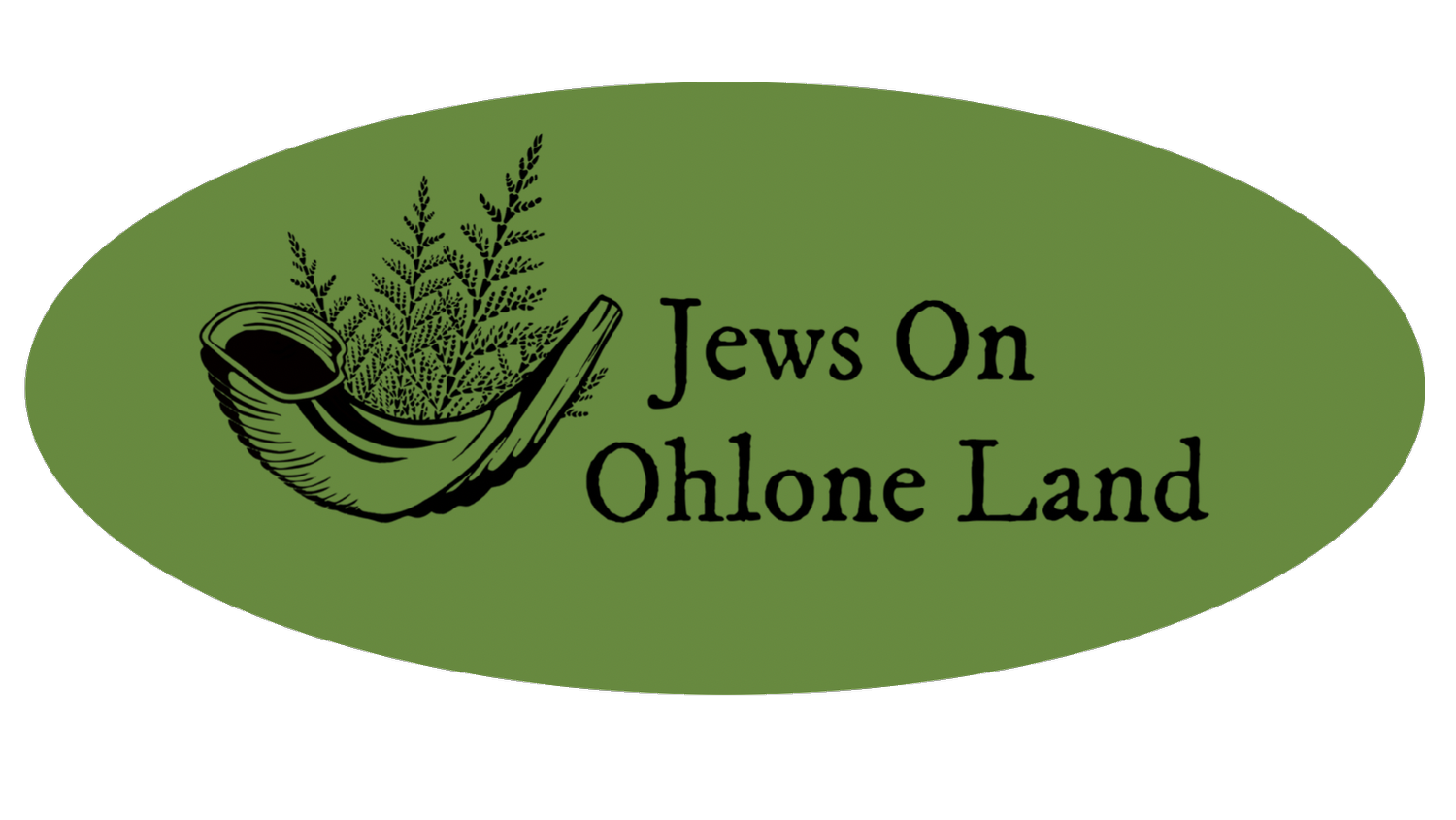Report-Back from the Treaty People’s Gathering
Written by Sara Tiras
On June 5, several JOOL members arrived at the Treaty People’s Gathering on Anishinaabe territory in northern Minnesota to stop the construction of Line 3, a new tar sands oil pipeline. We had been invited to go with Greenfaith and join an interfaith delegation of about 300 people attending the larger gathering.
The Treaty People’s Gathering drew about 2,000 people from around the country to participate in direct action to physically interrupt the construction of the pipeline and to draw attention to the struggle. Anishinaabe water protectors and allies in Minnesota have been engaged in an ongoing battle for the last seven years to stop Canadian corporation Enbridge from completing the construction of Line 3, a pipeline that sends tar sands oil extracted in Canada to Wisconsin, and then on to the Gulf of Mexico to sell internationally.
Anishinaabe leaders remind us that we are all treaty people, and for those of us who are not indigenous, we must honor and defend the agreements our government has made with native people. Line 3 would run through land protected under the 1855, 1854, and 1842 Treaties. Violating these treaties is an act of genocide. Enabling pipelines to run through (and inevitably contaminate) over 200 water sources and 800 wetlands, is a threat to all life: wild life, Indigenous life, and the millions of people whose drinking water comes from the Mississippi River.
Although the pipeline obviously isn’t on Ohlone land, for those of us who identify as Jewish settlers living on native land, we are called in to join this important fight to protect the water and honor our treaties with Indigenous peoples. In JOOL we actively engage with the Jewish concept of teshuvah, to repair our relationships and address the harms we commit. As settlers and guests on native land, we seek to be in right relationship to the land and its people and know that requires ongoing commitment and action. We know our local struggles here on Ohlone land around lack of affordable housing, climate driven wildfires, and the desecration of sacred sites such as the West Berkeley Shellmound are connected to the same struggles presented in the fight to Stop Line 3. Showing up at Line 3 is an opportunity to strengthen the larger movement against the same colonial forces that are driving the climate crisis and ongoing attempted genocide of native people everywhere.
The connection from Ohlone to Anishinaabe lands was also evident when thousands of us marching toward the headwaters, chanted words inspired by Ohlone tribal leader, Corrina Gould: “The Ancestors have Spoken, Now is the Time, Protect the Sacred, Stop the Pipeline.” It was an honor to be there and join the frontlines of this historic fight, and it was so powerful to hear hundreds of people invoke Corrina’s call for justice thousands of miles away from Lisjan territory.
Our actions were successful in interrupting the immediate construction of the pipeline and mobilizing national attention and calls to Stop Line 3. Hundreds of people were arrested, and every major news outlet provided solid coverage of the action and issues. However, President Biden has not taken action to revoke the permits and currently Enbridge is ramping up their efforts to complete the construction. Currently, 70% of the pipeline has been built, and there is an urgent call for more people to continually join the frontline encampments. Everyday people are putting their bodies on the line to stop the pipeline construction and protect the beautiful waterways of the Mississippi River. To learn more how you can support, take action, and donate to the effort, check out: https://www.stopline3.org/take-action
Left to right: Ariel Luckey, Rabbi Dev Noily, and Sara Tiras march to the Mississippi Headwaters at the Treaty People’s Gathering on June 7, 2021.
JOOL Note: A drash is a teaching about the Torah that usually takes place in a synagogue. We've remixed that practice. In this digital space, JOOL members teach about the Torah of Jewish/Indigenous solidarity work. Individuals offer their perspectives on the questions and ideas that are moving through them. We hope it's a wild and sacred space. By lifting up different points of view, we practice our values of transparency, learning and relationship building. And we celebrate the diversity of our collective, where many different voices are joining together, connected through shared values, to call for Indigenous sovereignty.

